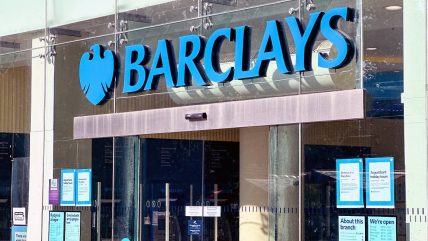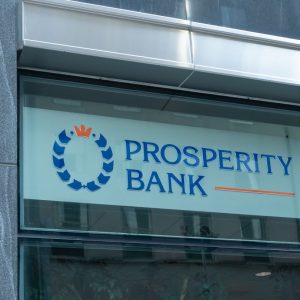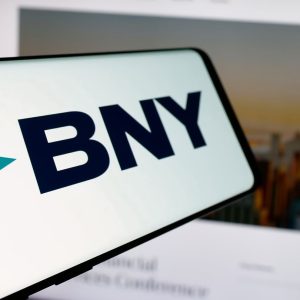
The UK Financial Conduct Authority (FCA) has fined Barclays Bank UK and Barclays Bank a combined £42m for multiple failings in managing financial crime risks.
The penalties relate to two distinct cases involving wealth management firm WealthTek and bullion firm and refinery Stunt & Co.
In the first case, Barclays Bank UK was penalised for not conducting adequate checks on WealthTek before opening a client money account. The bank did not verify WealthTek’s authorisation status to hold client money, which could have been easily confirmed through the Financial Services Register, said the FCA.
As a result, there was an increased risk of client money misappropriation or laundering, with £34m eventually deposited into the account. Barclays will provide a voluntary payment of £6.3m to WealthTek clients to cover any shortfall in recoverable funds.
Separately, Barclays Bank faces a fine of £39.3m for its insufficient management of money laundering risks associated with Stunt & Co. The bank failed to gather adequate information at the relationship’s inception and neglected ongoing monitoring.
Between these oversights, Stunt & Co received £46.8m from Fowler Oldfield, identified as part of a significant money laundering operation. Despite receiving warnings from law enforcement about potential laundering activities, Barclays did not reassess the risks effectively, the FCA said.
In December 2024, the FCA charged WealthTek’s principal partner with several criminal offences, including fraud and money laundering. Only after becoming aware of the FCA’s prosecution of NatWest over Fowler Oldfield did Barclays undertake a review of its exposure to such risks.
The regulator stated that Barclays is actively investing in enhancing its anti-money laundering controls and frameworks.
FCA Enforcement and Market Oversight Joint Executive Director Therese Chambers said: “The consequences of poor financial crime controls are very real – they allow criminals to launder the proceeds of their crimes, and they allow fraudsters to defraud consumers. Banks need to take responsibility and act promptly, particularly when obvious risks are brought to their attention.
“In the first of these cases, Barclays secured a significant reduction in its fine through its extensive co-operation with our investigation and through making a voluntary payment to affected consumers at our request.”






